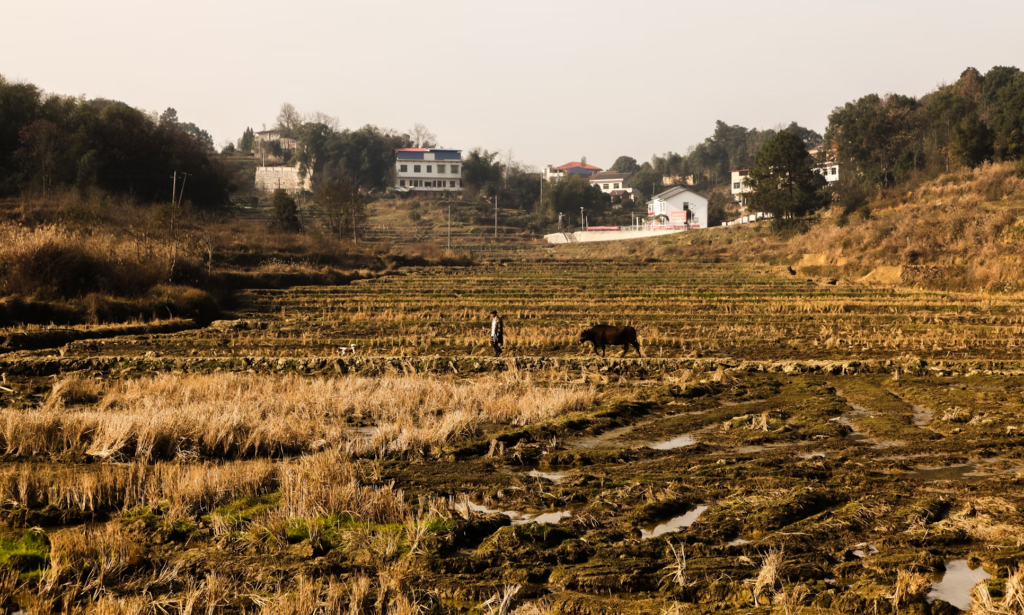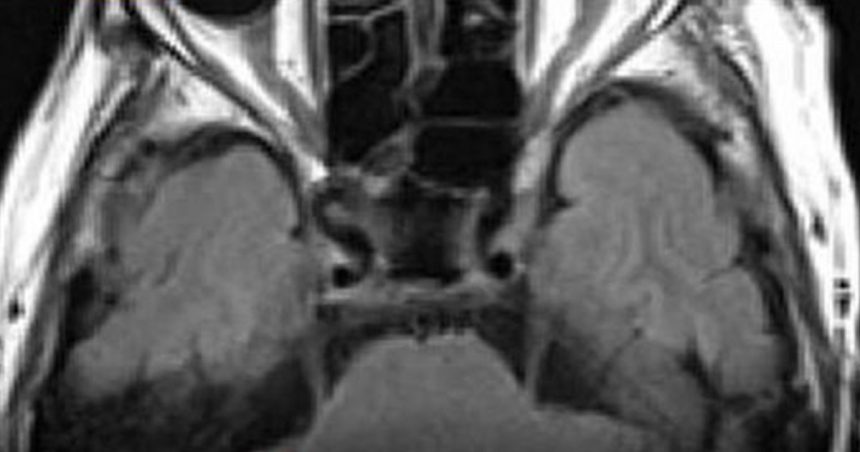An elderly woman in China was misdiagnosed with cancer, but later discovered to have a rare and deadly brain-eating amoeba. Initially thought to have a brain tumor, further tests revealed the presence of Balamuthia mandrillaris, a lethal organism with a high mortality rate. Environmental factors, such as rural living and exposure to contaminated water sources, likely contributed to her infection. Despite aggressive treatment, the patient’s health deteriorated rapidly, ultimately leading to her demise. Understanding the symptoms and progression of Balamuthia mandrillaris is crucial for early detection and intervention in similar cases.
Underlying Factors: Rural Living and Environmental Exposure

Living in a rural area near water sources may have exposed the woman to the amoeba, emphasizing the risks posed by environmental factors. Contaminated water and soil in certain regions can lead to grave consequences, as seen in this tragic case.
Deteriorating Health and Treatment Challenges

Despite medical efforts, the patient’s health declined rapidly, requiring mechanical ventilation and ultimately resulting in her passing. The challenges of treating rare infections like Balamuthia mandrillaris underscore the importance of early detection and intervention.
Rare but Lethal: Understanding Balamuthia mandrillaris

Balamuthia mandrillaris, a rare but deadly pathogen, poses significant health risks with a high mortality rate. Early detection and understanding of its symptoms are crucial in combating its devastating effects.
Symptoms and Progression: Recognizing the Warning Signs

Recognizing the symptoms of Balamuthia mandrillaris infection is critical for early intervention. Severe manifestations can include seizures, weakness, confusion, paralysis, and difficulty speaking. Understanding these warning signs can lead to better outcomes.
Case Report and Medical Insights

A detailed report of this case was published in the journal Heliyon, offering insights into the challenges of diagnosing and treating rare infections like Balamuthia mandrillaris. Increased awareness, vigilance, and access to advanced diagnostic tools are crucial in preventing similar tragedies in the future.
Sources
- “Doctors thought woman, 77, had cancer… then they discovered she had a brain-eating amoeba” Mail Online. Emily Jusho. April 15, 2024.
- “A case report of Balamuthia mandrillaris encephalitis” Science Direct. Zhen Li, Wenqiang Li, Yuanyuan Li, Fubing Ma and Guangjuan Li. March 15, 2024.






